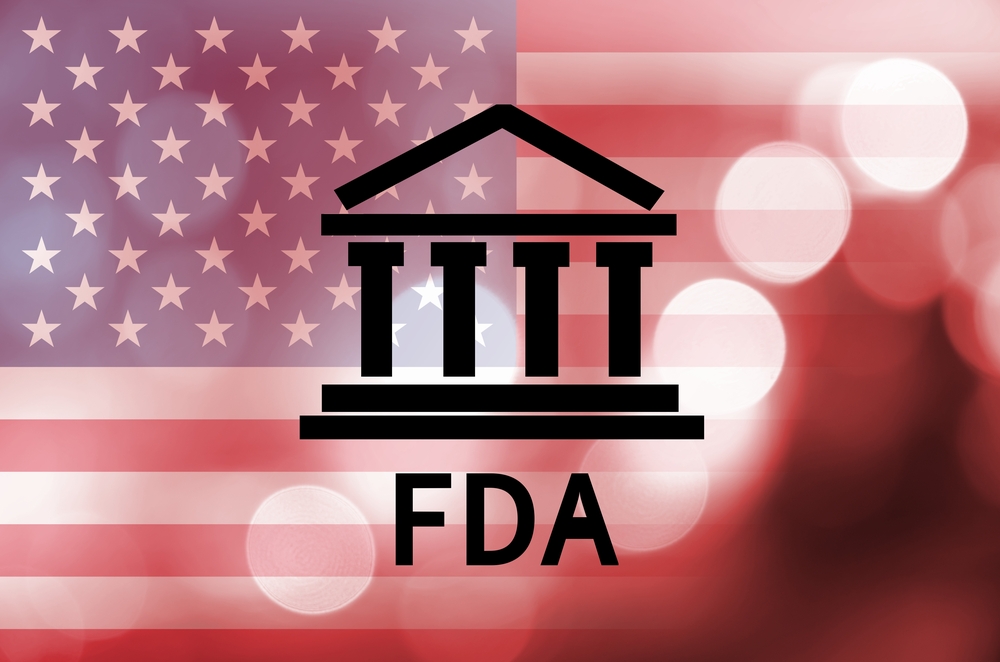
The U.S. Food and Drug Administration today approved Ogivri (trastuzumab-dkst) as a biosimilar to Herceptin (trastuzumab) for the treatment of patients with breast or metastatic stomach cancer (gastric or gastroesophageal junction adenocarcinoma) whose tumors overexpress the HER2 gene (HER2+). Ogivri is the first biosimilar approved in the U.S. for the treatment of breast cancer or stomach cancer and the second biosimilar approved in the U.S. for the treatment of cancer.
As with any treatment, health care professionals should review the prescribing information in the labeling for detailed information about the approved uses.
“The FDA continues to grow the number of biosimilar approvals, helping to promote competition that can lower health care costs. This is especially important when it comes to diseases like cancer, that have a high cost burden for patients,” said FDA Commissioner Scott Gottlieb, M.D. “We’re committed to taking new policy steps to advance our biosimilar pathway and promote more competition for biological drugs.”
Biological products are generally derived from a living organism and can come from many sources, such as humans, animals, microorganisms or yeast. A biosimilar is a biological product that is approved based on data showing that it is highly similar to a biological product already approved by the FDA (reference product) and has no clinically meaningful differences in terms of safety, purity and potency (i.e., safety and effectiveness) from the reference product, in addition to meeting other criteria specified by law.
The FDA’s approval of Ogivri is based on review of evidence that included extensive structural and functional characterization, animal study data, human pharmacokinetic and pharmacodynamic data, clinical immunogenicity data and other clinical safety and effectiveness data that demonstrates Ogivri is biosimilar to Herceptin. Ogivri has been approved as a biosimilar, not as an interchangeable product.
Common expected side effects of Ogivri for the treatment of HER2+ breast cancer include headache, diarrhea, nausea, chills, fever, infection, congestive heart failure, difficulty sleeping (insomnia), cough and rash. Common expected side effects of Ogivri for the treatment of HER2+ metastatic stomach cancer include low levels of certain white blood cells (neutropenia), diarrhea, fatigue, low levels of red blood cells (anemia), inflammation of the mouth (stomatitis), weight loss, upper respiratory tract infections, fever, low levels of blood platelets (thrombocytopenia), swelling of the mucous membranes (mucosal inflammation), common cold (nasopharyngitis) and unusual taste sensation (dysgeusia). Serious expected side effects of Ogivri include worsening of chemotherapy-induced neutropenia.
Like Herceptin, the labeling for Ogivri contains a Boxed Warning to alert health care professionals and patients about increased risks of heart disease (cardiomyopathy), infusions reactions, lung damage (pulmonary toxicity) and harm to a developing fetus (embryo-fetal toxicity). Patients should stop taking Ogivri if cardiomyopathy, life-threatening allergic reactions (anaphylaxis), swelling below the skin (angioedema), inflammation of the lungs (interstitial pneumonitis) or fluid in the lungs (acute respiratory distress syndrome) occur. Patients should be advised of the potential risk to a developing fetus and to use effective contraception.
The FDA granted approval of Ogivri to Mylan GmbH. Herceptin was approved in September 1998 and is manufactured by Genentech, Inc.
The FDA, an agency within the U.S. Department of Health and Human Services, protects the public health by assuring the safety, effectiveness, and security of human and veterinary drugs, vaccines and other biological products for human use, and medical devices. The agency also is responsible for the safety and security of our nation’s food supply, cosmetics, dietary supplements, products that give off electronic radiation, and for regulating tobacco products.
Filed Under: Drug Discovery



